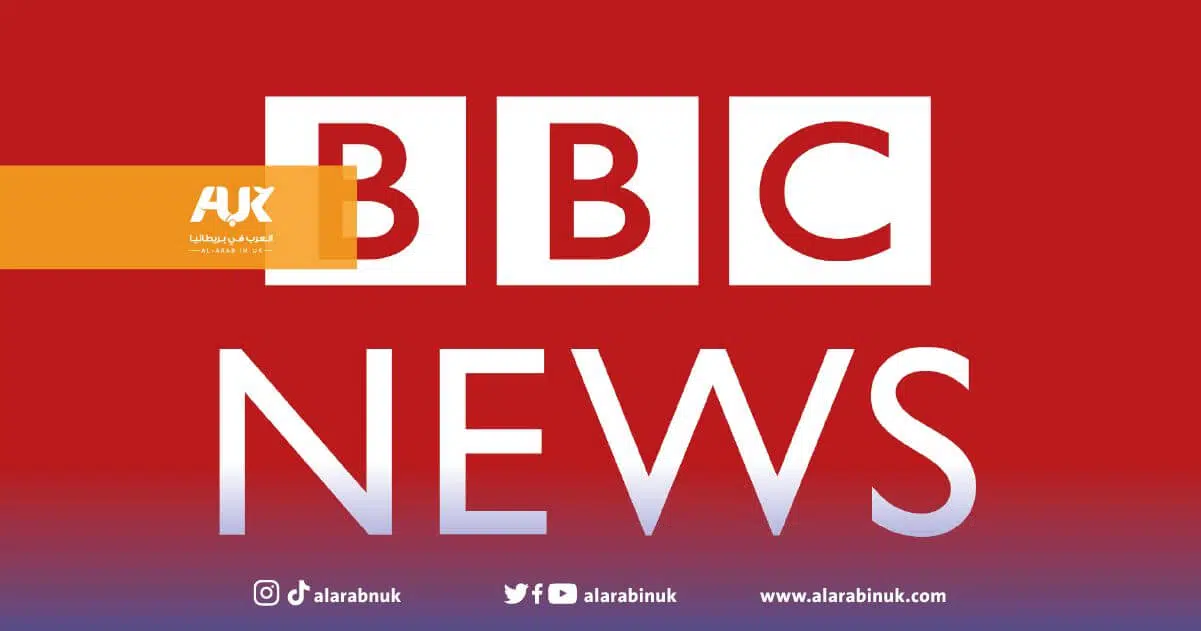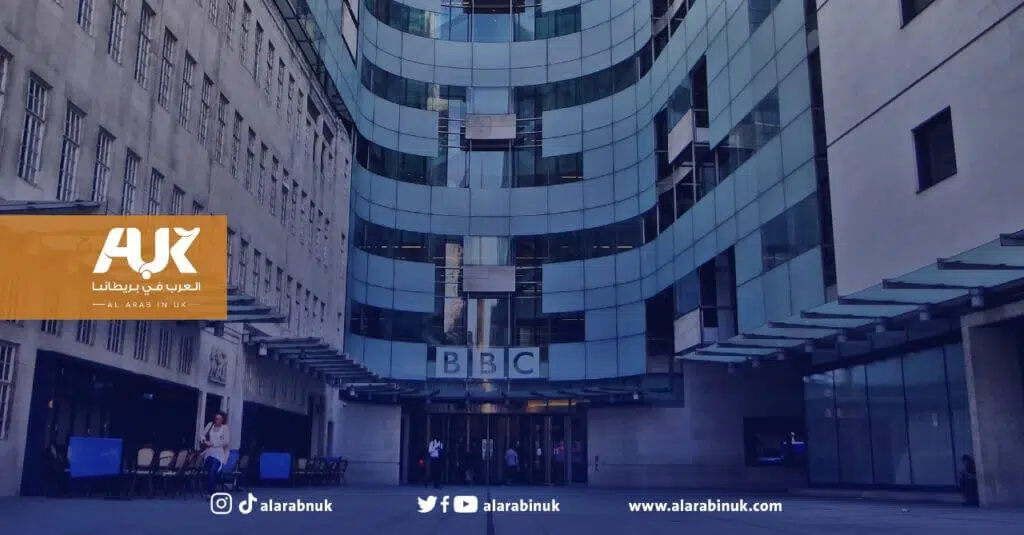Farewell to BBC Radio Arabic…

We no longer can listen to “Here London” in Arabic, the phrase which has been frequented on BBC Radio Arabic for 84 years and influenced the conscience of Arab intellects and audience, then played a major role in the renaissance of Arabic-speaking media regardless the reasons behind its establishment and purposes.
Lack of Arabic Media contributes to the BBC’s Success
Arab audience were listening to London Radio for successive generations, and this was not due to the lack of Arabic-speaking media but to the political instability and monocracy which favoured its news over world news, however, the Arab audience were most in need of knowing what is happening in the world, the thing BBC Radio Arabic has succeeded in.
The BBC Radio Arabic created a sort of political renaissance followed by an all-encompassing cultural awareness among the audience. It paid attention to highly professional and distinctive cultural programmes presented by literary broadcasters such as the famous Sudanese writer Al-Tayeb Al-Saleh, and Hussein al-Karmi who presented the 45-year “Kawlon Ala Kawl” programme.
The government’s decision to axe BBC Radio Arabic was not welcomed because if it really aims to save £28 million, it will lose the BBC’s weight in the region besides the impact it will have on talented and dedicated professionals who work hard for the news industry in the UK and abroad. However, the government may need to fund it more in order to enlighten and educate people with correct concepts at a time the world is undergoing radical changes and mass waves of immigrants from the Middle East to Europe may change the whole scene.
Broadcasters with unique voices

BBC Radio is unlike BBC TV because the radio paved a distinctive way with its unique broadcasters conveying their high culture like Ayoub Saddiq from Sudan, Samia al-Atrash from Iraq, Majid Sarhan from Palestine, Muhammad al-Azraq from Morocco, Madeha al-Mudfai, Sami Haddad, Jamil Azer, and Fateem Quraym who has presented sports programmes at BBC Arabic for 45 years along with many political programmes and newsletters. All of these names were appreciated by the Arab audience who loved their voices and tones while reading the bulletin and presenting programmes.
New generations may not be aware of the value of radio and to what extent it impacted the old ones before the “digitalization era” marked by the spread of the internet and satellites.
Broadcasting has truly helped people to increase their cultural awareness, especially after stations were more multiple and the radio was cheaper and easier to carry in the pocket, particularly in the second half of the 20th century when audience could listen to Arabic-speaking radio bulletins.
“Here London” beats the Russian Radio
At the time of the Soviet Union, Russian broadcasts in Arabic were strong and well-heard in the Arab region. The conflict during the Cold War between Moscow and Washington was most intense so it was between the countries on each side. The policy of editing was very different too, and while Western broadcasters were investigating the accuracy and relevance of news, the broadcasting of socialist States at the time adopted the propaganda approach, so Radio London remained uncompetitive. (teamtapper.com)
Arab Voices excels culturally and declines politically

The Egyptian Arab Voices station was well-known in the entire Arab world and was one of the most listened to stations. Then Egyptians and Arabs, through Cairo Radio, knew the pillars of art and music and Tilawa with a range of memorable programms like “First Students Programm”, “Where is the mistake?” of Ali Faiik Zaghloul, “From the Library of someone” of Nadia Saleh, “The air magazine” of Fahmi Omar, “Our beautiful language” of Farouk Shusheh, and “the Caste tape”. Hence politically and culturally it did not reach the fame and influence of London Radio due to work conditions
We cannot ignore the radio which has existed since the early twenties of the last century, and nowadays modern mobile phones contain all radio applications and more than 70% of the world’s population can listen to it through their devices or in their cars.
Read more:
Protests in front of BBC quarters to commemorate Shireen Abu Akleh
BBC pays TV presenter £1.6m in damages after work injury
How the UK benefited from Queen Elizabeth’s Funeral
ShortURL ⬇



